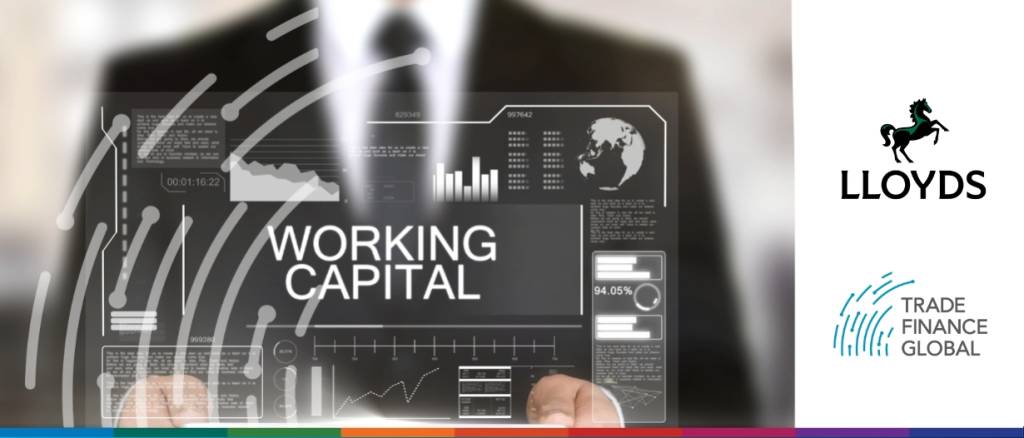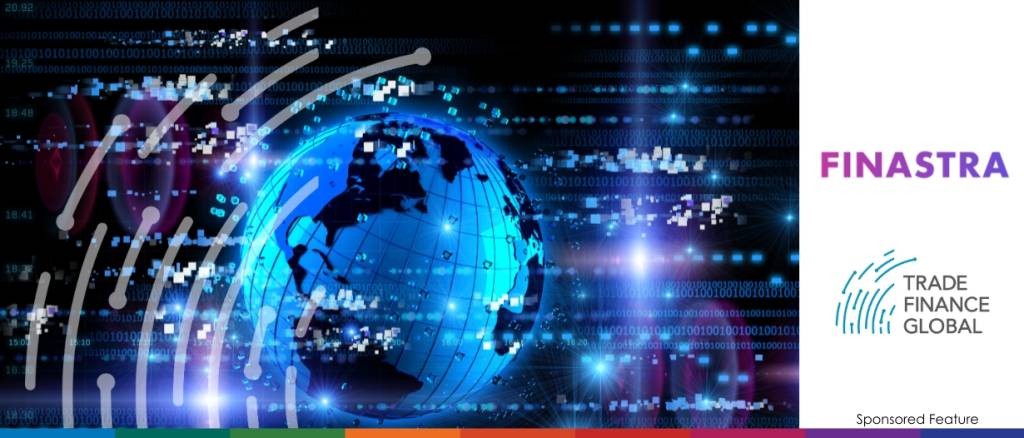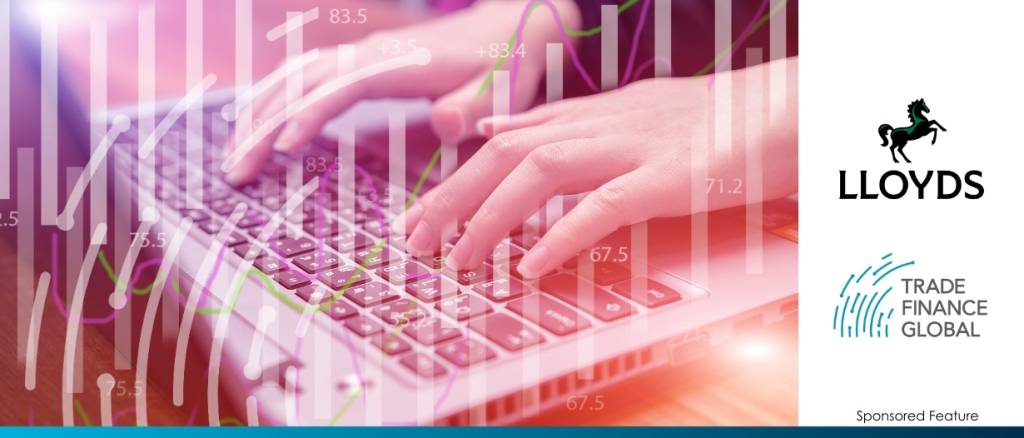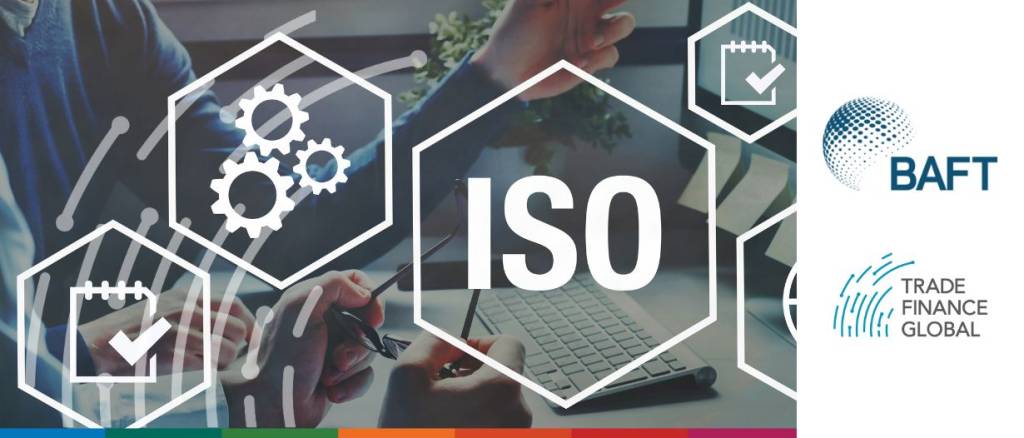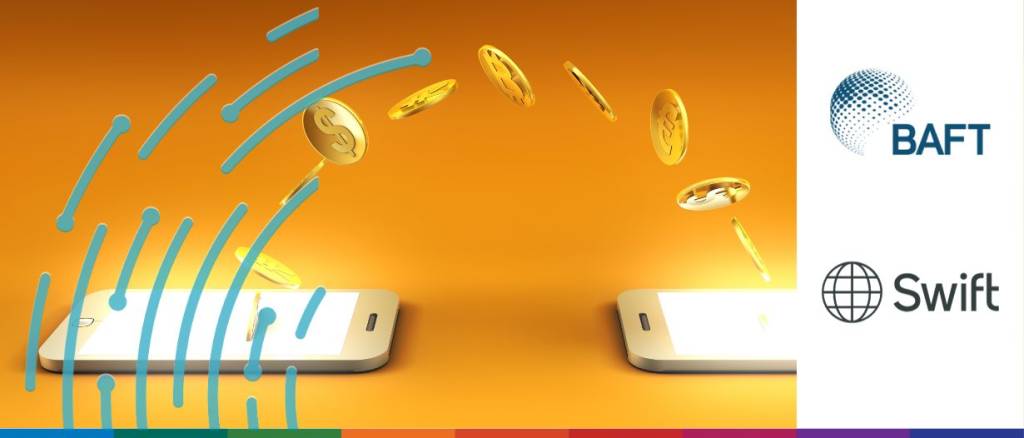The Lloyds Bank Trade Insight report focuses on these changing economic conditions and their implications on working capital from a treasury perspective.
Hear from Finastra’s Iain MacLennan on the changing nature of Trade Finance. Discover the challenges and opportunities of digitalisation.
Prime Bank has entered into an agreement with FCI in Dhaka, enabling the bank to carry out an international factoring operation with UniCredit Factoring Italy.
Learn about Lloyds Bank’s collaboration with WaveBL and the benefits of digital trade documentation for global shipping and trade efficiency.
Discover how ISO 20022 can reshape the world of trade finance and what banks need to do to prepare for a global adoption.
The Bankers Association for Finance and Trade (BAFT), a global industry association for international transaction banking, has released a whitepaper, “ISO 20022 Migration: Lessons Learned”, highlighting some of the critical lessons its members have learned while implementing this ‘new language of payments’.
2024 is set to bring about significant changes in finance and banking. Driven by a convergence of cutting-edge technologies, the industry-wide transition to ISO 20022, the rise of digital currencies, and innovative AI-powered solutions, the year holds promise for considerable advancements and enhanced alignment between fintech and traditional financial institutions.
While it comes with many business benefits, engaging in trade with nations around the world can be a complex process. As a result, it may be tempting to pay your invoices in GBP which, at face value, may seem like a simpler and more beneficial option – but this often isn’t the case.
In order to communicate with each other, banks use a messaging system called SWIFT (Society for Worldwide Interbank Financial Telecommunication), which provides a standardized and secure way to exchange information. There are several different types of SWIFT messages that banks use for various purposes.
According to Mastercard’s 2023 Borderless Payments Report millions of consumers and SMEs worldwide are increasingly dependent on both intra and cross border payment flows.















